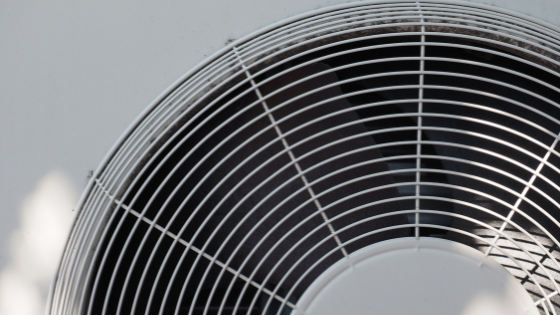If the AC seems to be acting up, there are a few things you can do to know for certain. Take the following steps to find out.
1. Inspect the air filter.
The first step is to check the air filter to see if it’s clogged or not. Depending on what type of system you have, you may need to loosen the grill of the vent, pull out the old filter, and insert a new one. A clean air filter will help your AC run smoothly and efficiently.
2. Check the circuit breaker.
If the AC has stopped running, you could have a blown fuse or tripped circuit breaker. Flip the breaker back to its original position and the AC should start working again.
3. Monitor the thermostat.
The batteries in a thermostat will need to be replaced every now and then. Regularly check the thermostat for a blinking battery light or symbol and replace the batteries soon rather than later. If the thermostat continues to malfunction, you may need to replace it.
4. Inspect the blower.
If the AC system has an outdoor unit, you should walk outside to see if the fan is on. If it isn’t moving, you’ll need to call Tucker Hill for professional air conditioning service.
5. Check the fan and compressor.
The outdoor unit also houses the fan motor and compressor. Signs of a problem with the fan include slow rotating blades, rattling noise, continuous rotation even when the AC is off, and failure to turn on when turning on the AC.
To determine whether the fan or capacitor is the problem (since the capacitor powers the fan’s motor), you’ll need to unscrew the condenser unit’s side panel and see if the cylindrical battery is swollen. If it is, then the issue is the capacitor.
6. Inspect the drain line.
If the coil is covered in ice or you see liquid near the coil, the drain line may be leaking refrigerant. Be sure to call Tucker Hill for professional AC service.
7. Take into account the weather.
If you’re in the middle of a heat wave, older units may struggle to cool the home to the temperature set on the thermostat. Consider upgrading the unit to maximize indoor comfort during peak seasons.

